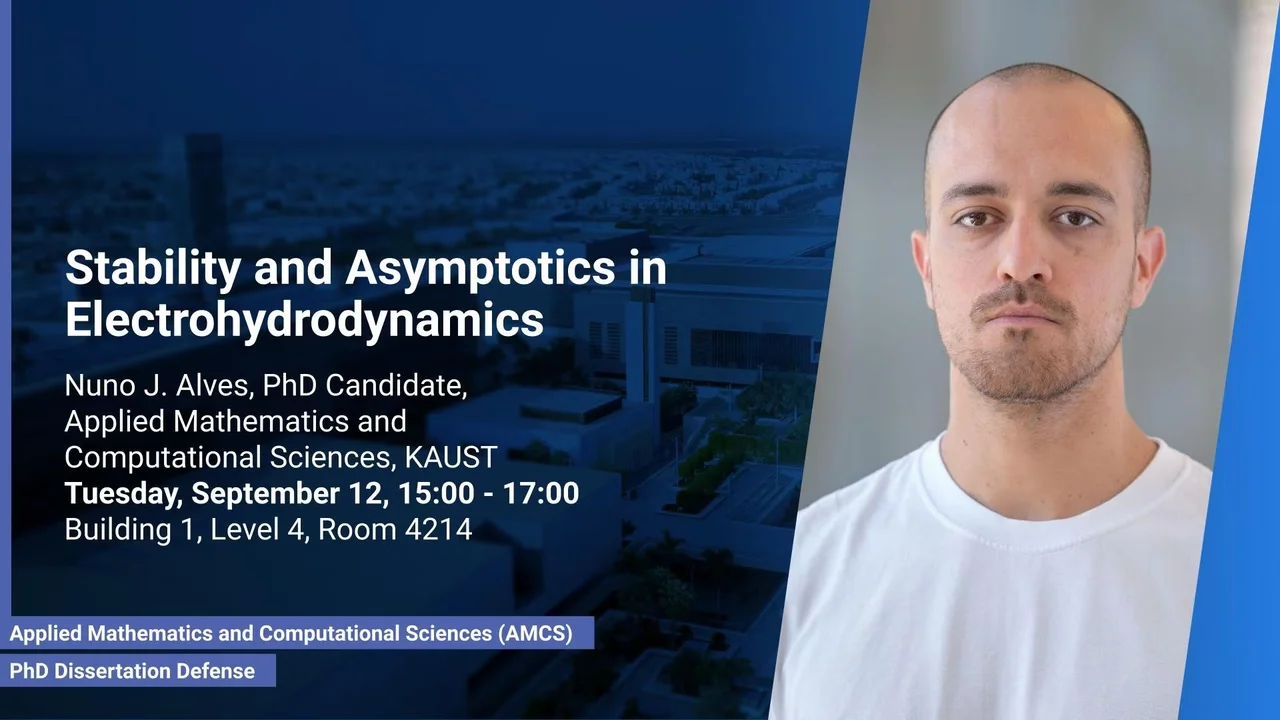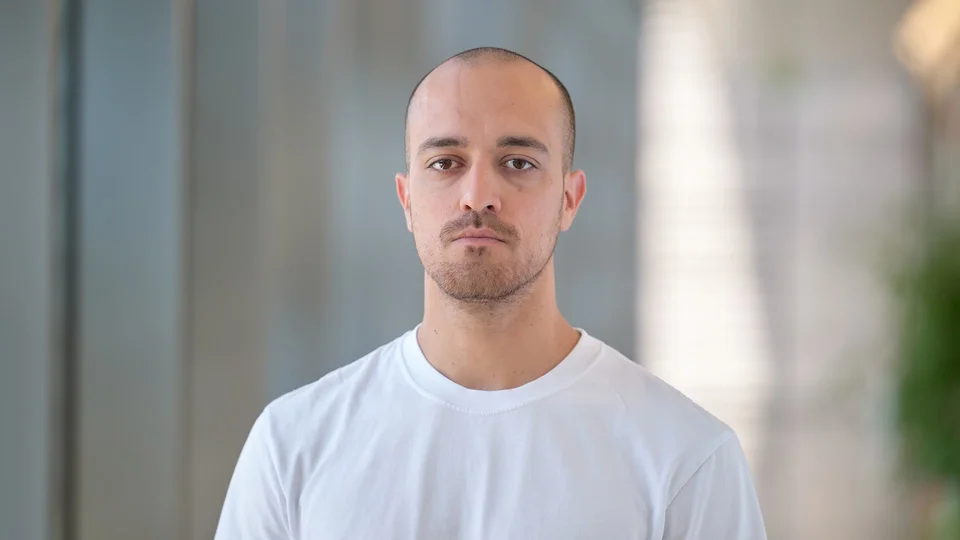
Stability and Asymptotics in Electrohydrodynamics
This dissertation focuses on the relative energy analysis of two-species fluids composed of charged particles. In particular, it explores several applications of the relative energy method to Euler-Poisson systems, enabling a comprehensive stability analysis of these systems.
Overview
Abstract
This dissertation focuses on the relative energy analysis of two-species fluids composed of charged particles. It presents a formal derivation of the relative energy identity for both the bipolar Euler-Maxwell system and the unmagnetized case of the bipolar Euler-Poisson system. Furthermore, the dissertation explores several applications of the relative energy method to Euler-Poisson systems, enabling a comprehensive stability analysis of these systems. The first application establishes the high-friction limit of a bipolar Euler-Poisson system with friction, converging towards a bipolar drift-diffusion system. Moreover, the second application investigates the limits of zero-electron-mass and quasi-neutrality in a bipolar Euler-Poisson system. In the former limit, a non-linear adiabatic electron system is obtained, while the combined limit yields an Euler system. A weak-strong uniqueness principle for a single-species Euler-Poisson system in the whole space is also established. This principle is further extended to an Euler-Riesz system, considering a more general interaction potential. The theory of Riesz potentials, along with representation formulas for the potentials, is employed to overcome the technical challenges in these studies.
Brief Biography
Mr. Nuno Alves is a Ph.D candidate in the Applied PDE group of the AMCS program at KAUST. He holds bachelor's and master's degrees from Instituto Superior Tecnico, University of Lisbon, Portugal. Mr. Nuno was a visiting student at KAUST from March 2014 to July 2014. Moreover, during the academic year 2017/2018 he served as an invited teaching assistant at Polytechnic Institute of Beja, Portugal. His current research focuses on stability analysis for bipolar Euler-Poisson systems.

